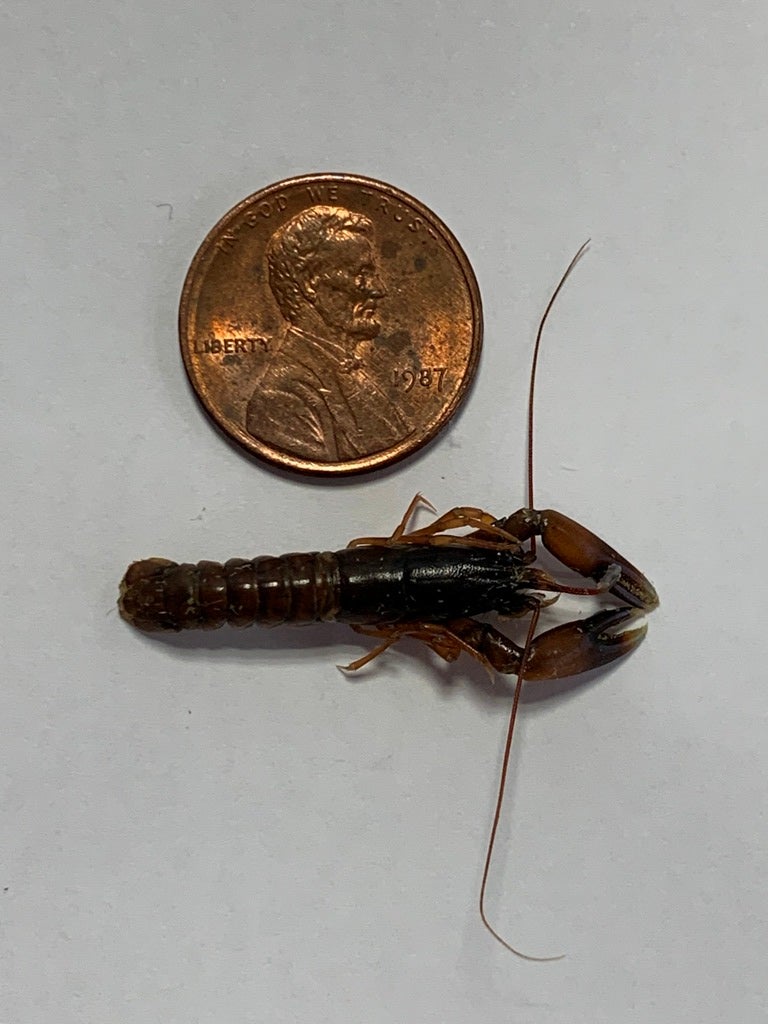Early life history of American lobsters in coastal southern New England waters
 Principal Investigator: Jeremy Collie (URI GSO)
Principal Investigator: Jeremy Collie (URI GSO)
Collaborators: Conor McManus (RI DEM), Rick Wahle (University of Maine)
Funding Source: National Sea Grant Program
The Southern New England (SNE) lobster stock is currently experiencing recruitment failure, with a population bottleneck occurring somewhere between the egg and juvenile stages. The objective of this project is to measure the abundance and spatial distribution of lobster larvae and post-settlement juveniles in Rhode Island waters to identify where in the life history the recruitment bottleneck occurs. The project components include lobster larvae sampling and temperature profile measurements, coupled with collector sampling that targets post-settlement and early benthic phase lobsters. Resulting data will be used to test whether lobster recruitment is limited more by pre- or post-settlement processes. The investigators will test whether a thermal refuge exists for juvenile lobsters at depths deeper than those that have been historically occupied. Field data will be interpreted in the broader context of circulation patterns and thermal habitat on the SNE continental shelf. A better understanding of the connectivity between egg production, pelagic larvae and benthic young-of-year, and juvenile abundances will provide insight into survival during this critical period of lobster life history. Understanding the processes regulating recruitment and the survival bottleneck is imperative for rebuilding the SNE lobster stock.
 Home
Home Browse
Browse Close
Close Events
Events Maps
Maps Email
Email Brightspace
Brightspace eCampus
eCampus


